19 March 2025
When it comes to boxing, people often focus on the fighters—their speed, strength, and grit. But behind every great boxer is an exceptional coach, one who molds raw talent into a champion. A great boxing coach is more than just someone who yells instructions from the corner. They are mentors, tacticians, and, at times, even psychologists. So, what exactly makes a great boxing coach?
In this article, we’ll break down the characteristics, skills, and traits that separate average coaches from the truly great ones. Whether you're an aspiring coach or a boxer looking for the right mentor, this guide will give you a clearer understanding of what to look for.
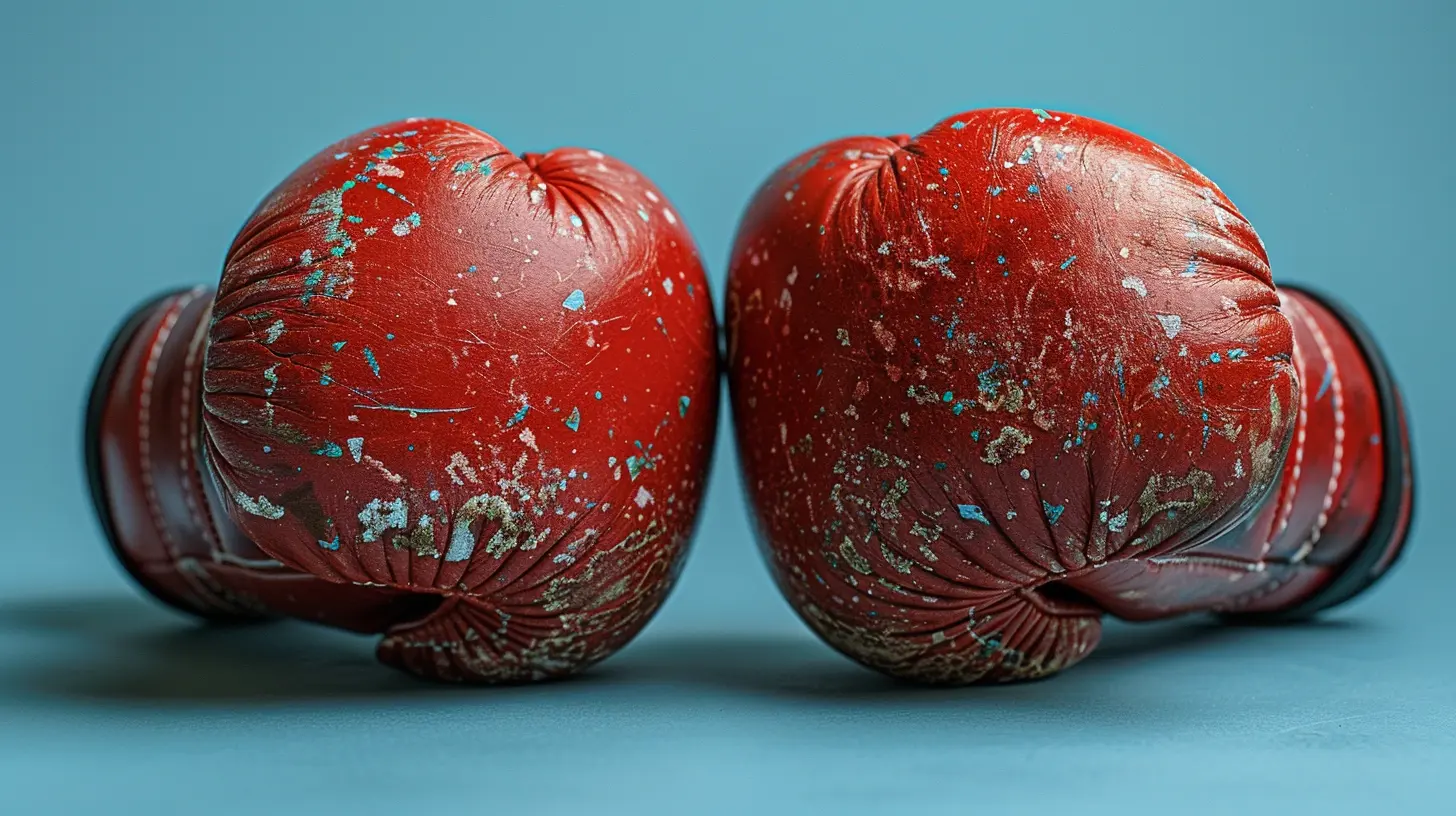
1. Deep Knowledge of Boxing Fundamentals
First and foremost, a great boxing coach knows the sport inside and out. You can't teach what you don’t understand, right? A solid grasp of boxing fundamentals—like proper stance, footwork, defense, and punching techniques—is crucial. Without this, even the most talented fighter will only go so far.Think of it like building a house. If the foundation is weak, the whole structure is bound to collapse. The same goes for boxing. A coach must know how to instill rock-solid fundamentals that will carry a boxer through their entire career. They should have experience in the ring themselves or have studied the sport extensively.
Subheading: The Art of Footwork
One of the most underrated aspects of boxing is footwork. A great coach knows this and places a strong emphasis on teaching balance, movement, and positioning. Footwork isn’t just about staying light on your feet—it’s about being in the right place at the right time. A boxer with excellent footwork can control the pace of a fight, evade punches, and set up their own attacks.Subheading: Punching with Precision
Sure, anyone can throw a punch, but can they land it effectively? A knowledgeable coach teaches not only how to punch but how to punch with precision. They’ll focus on timing, accuracy, and creating opportunities to strike. A boxer’s ability to land clean, effective punches is often the difference between winning and losing a fight.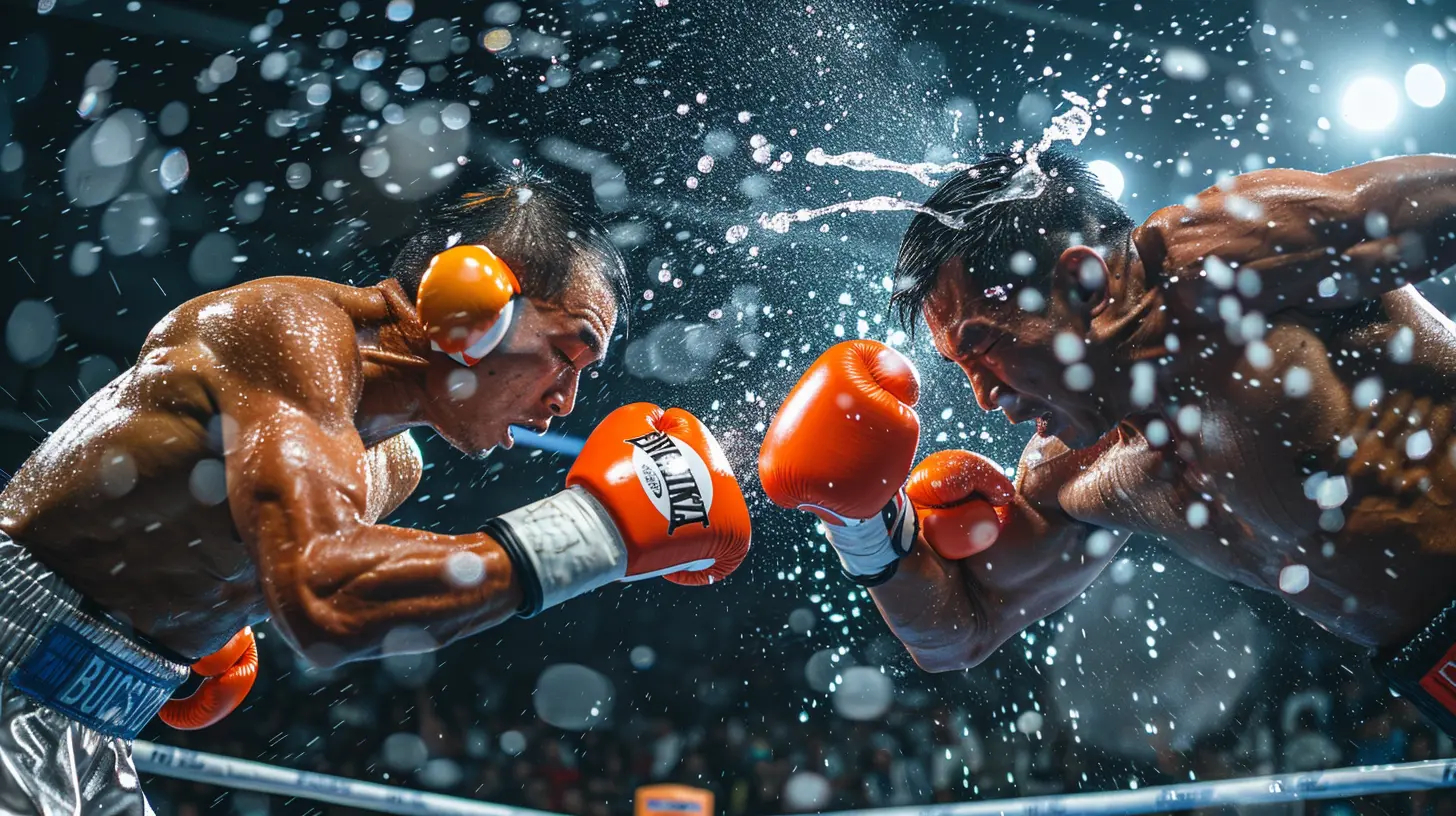
2. Strong Communication Skills
It doesn’t matter how much you know about the sport if you can’t communicate that knowledge effectively. A great boxing coach has to be an excellent communicator. They need to be able to explain complex techniques in simple terms, so their fighters can easily understand and apply what they’re learning.In the heat of a fight, communication becomes even more crucial. A fighter only has a few seconds between rounds to listen to their coach’s advice and make adjustments. The best coaches know how to deliver concise, actionable feedback during these moments.
Subheading: Listening Is Just as Important
A great coach doesn’t just talk—they listen. They pay attention to what their fighter is saying and how they are feeling. Are they tired? Frustrated? Injured? By listening, a coach can make better decisions, whether it’s adjusting a game plan or even stopping a fight to protect their boxer.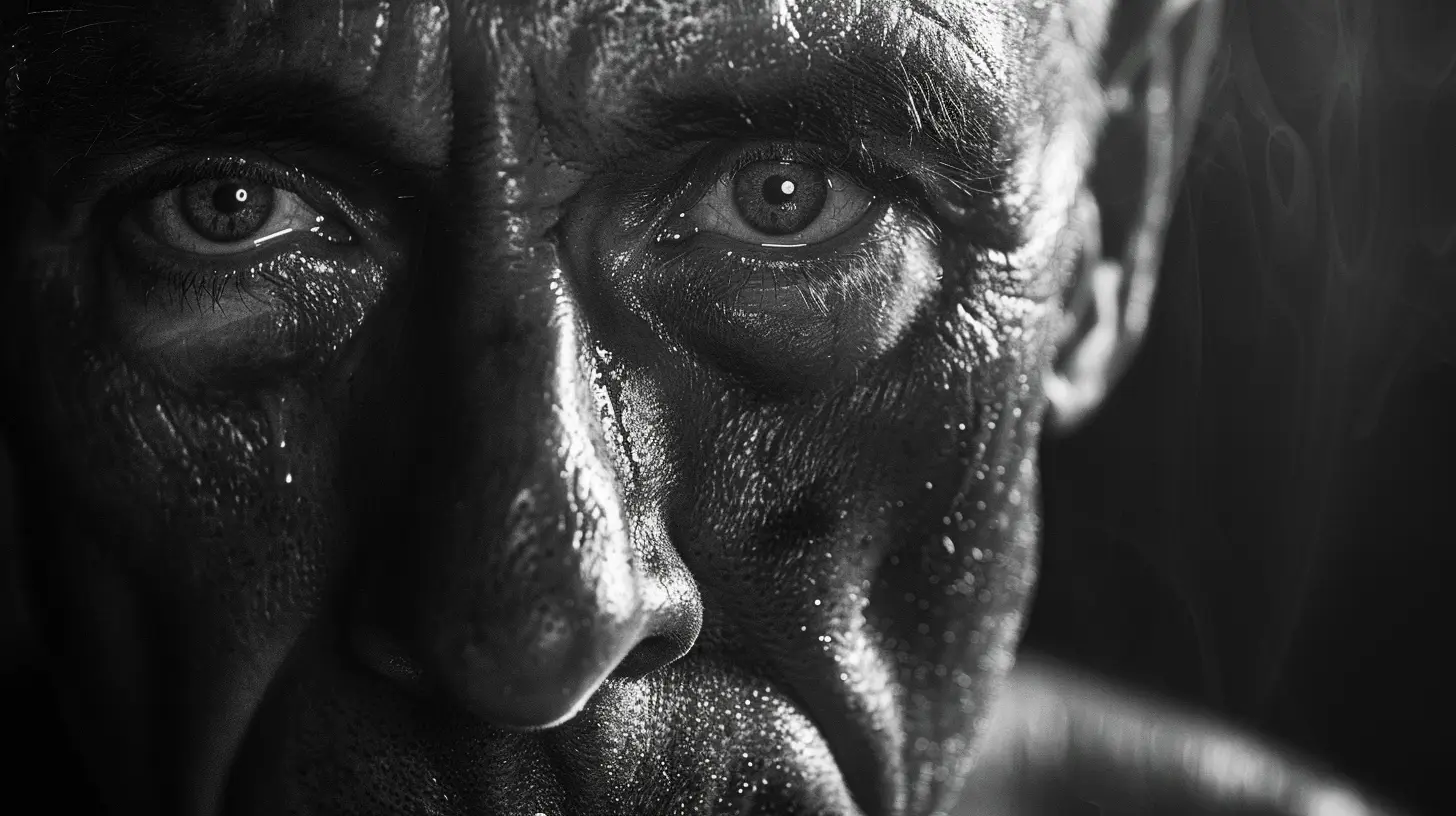
3. Ability to Adapt and Strategize
If you’ve ever watched a boxing match, you know things can change in an instant. A great boxing coach is always thinking a few steps ahead, ready to adapt to whatever happens in the ring. They understand that a fight plan is important, but it’s equally important to be flexible when things don’t go as planned.Think of a coach as a chess player, constantly analyzing the board and anticipating the opponent's next move. They’ll adjust strategies mid-fight, telling their boxer to switch up their tactics or exploit new weaknesses they’ve observed.
Subheading: Pre-Fight Preparation
Preparation is key to any successful boxing match. A great coach not only prepares their fighter physically but also mentally. They study the opponent’s strengths and weaknesses, craft a game plan, and ensure their fighter understands how to execute it. This preparation is the blueprint for success.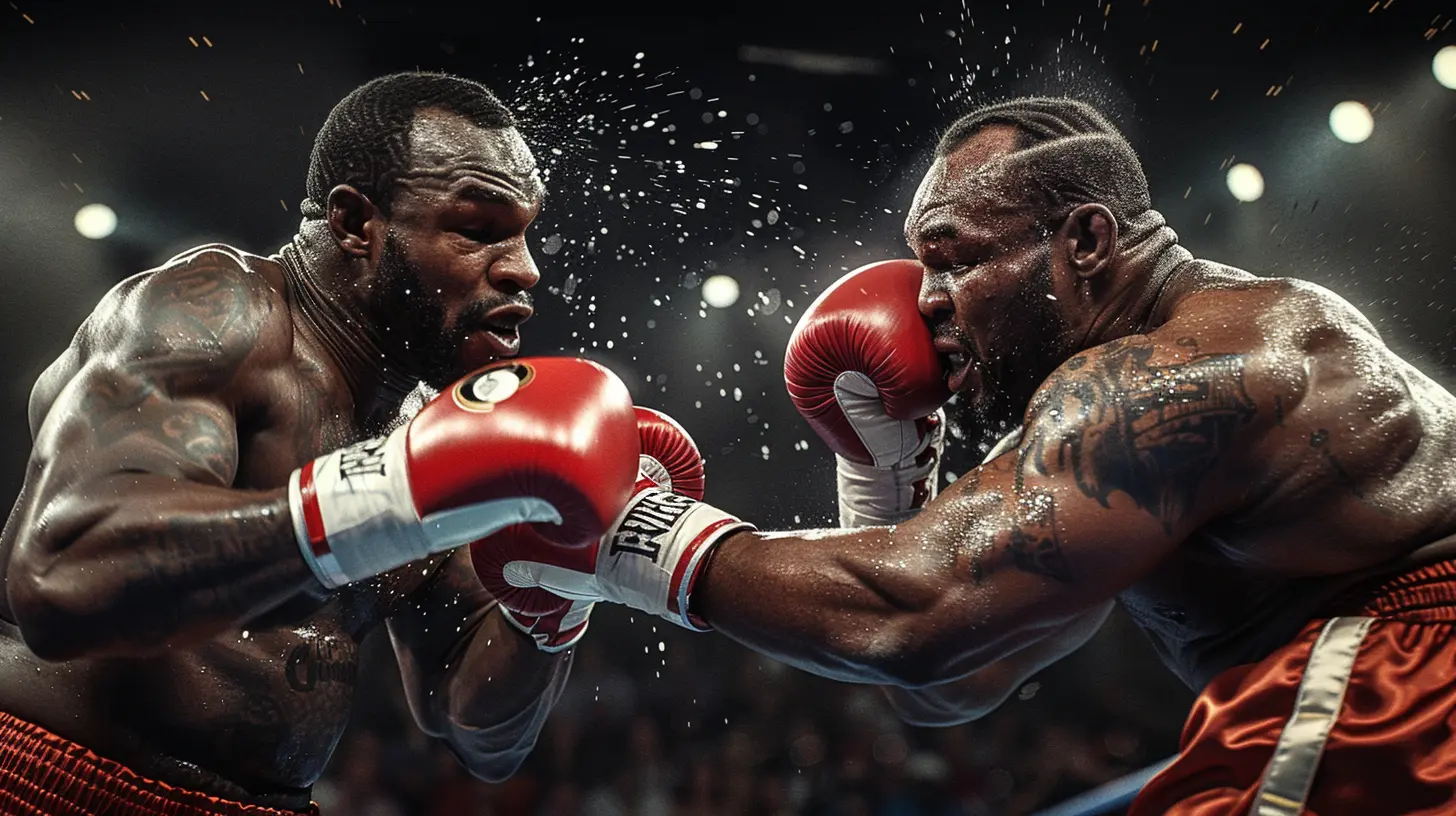
4. Emotional Intelligence and Motivation
Boxing is not just a physical sport—it’s a mental one. Fighters often deal with fear, frustration, and fatigue. A great coach understands the psychology of boxing just as well as the physical demands. They know how to motivate their fighters to push through tough moments, keep them focused, and maintain a positive mindset.Let’s be real: Boxing is tough. It’s grueling, both physically and mentally. That’s why a great coach must also be a great motivator. They know when to push, when to ease off, and how to get the best out of their fighter.
Subheading: Building Confidence
Confidence is essential in boxing. A boxer who doesn’t believe in themselves is already halfway to losing the fight before the first bell even rings. A great coach instills confidence in their fighter through positive reinforcement, realistic goal-setting, and constructive criticism. They help the fighter believe they can win, even when the odds are stacked against them.5. Patience and Persistence
Rome wasn’t built in a day, and neither is a champion fighter. One of the most important traits of a great boxing coach is patience. They understand that skill development takes time, and they’re willing to put in the work day after day. They don’t rush the process but instead focus on long-term development.Boxing is a sport of repetition. You have to throw thousands of punches to perfect just one. A great coach is persistent in drilling these fundamentals, even when the progress seems slow.
Subheading: Handling Setbacks
Every boxer faces setbacks, whether it’s a loss in the ring or an injury that keeps them sidelined. A great coach helps their fighter navigate these challenges. They remind them that setbacks are part of the journey and that perseverance is key. They keep their fighter focused on the bigger picture and encourage them to keep moving forward, no matter what.6. Understanding Individual Needs
Not all fighters are the same. Some are power punchers, while others rely on speed and agility. A great coach understands that there’s no one-size-fits-all approach to training. They tailor their coaching methods to suit the individual needs, strengths, and weaknesses of each fighter.This personalized approach allows the coach to bring out the best in their fighters. Whether it’s adjusting a training regimen or focusing on specific skills, the best coaches know how to optimize each fighter’s potential.
Subheading: Building Trust
A strong coach-fighter relationship is built on trust. Fighters need to trust that their coach has their best interests in mind, both in terms of their performance and their safety. A great coach earns this trust through honesty, consistency, and by showing they genuinely care about their fighter’s well-being.7. Experience and Credibility
While not every great coach has to be a former champion, experience in the sport certainly helps. A coach who has been through the ups and downs of boxing will have a deeper understanding of what their fighter is going through. They’ve been in the trenches, they’ve seen what works, and they’ve learned from their own mistakes.Credibility comes from experience, and fighters are more likely to respect and listen to a coach who has proven themselves in the sport. Whether it’s through their own fighting career or years of coaching, experience is a key ingredient in what makes a great boxing coach.
Subheading: Learning Never Stops
Even great coaches continue to learn. Boxing is an evolving sport, with new techniques, strategies, and training methods emerging all the time. The best coaches stay up-to-date with these changes and are always looking for ways to improve their knowledge and skills. They never settle for “good enough.”8. Safety First Mentality
Boxing is a dangerous sport, and a great coach always prioritizes the safety of their fighter. They know when to push their fighters to their limits but also when to pull back to prevent injuries. A smart coach will stop a fight if it means protecting their fighter’s long-term health, even if it’s a tough decision in the heat of the moment.Subheading: Proper Training Techniques
Injuries often occur due to improper training. A great boxing coach ensures that their fighters are training safely, using proper techniques, and taking the necessary precautions to avoid injury. Overtraining is also a concern, and a good coach knows how to strike the right balance between pushing hard and allowing time for recovery.Conclusion: The Perfect Blend of Skills and Heart
So, what makes a great boxing coach? It’s not just one thing—it’s a combination of many traits and skills. A deep understanding of boxing fundamentals, strong communication skills, adaptability, emotional intelligence, patience, experience, and a focus on safety all play a role.But perhaps the most important trait of all is heart. A great coach genuinely cares about their fighter. They are invested in their success, not just in terms of winning fights, but in helping them grow as athletes and individuals.
In the end, a great boxing coach is more than just a trainer—they’re a mentor, a strategist, and a guiding force in the fighter’s journey to success.



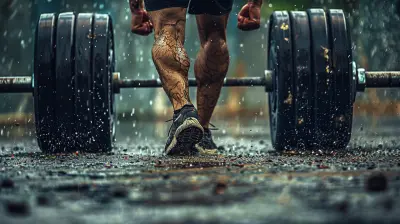





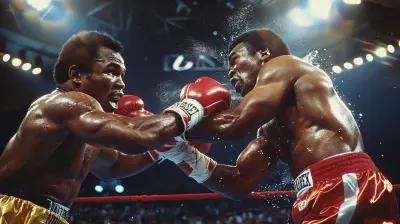

Selene Cain
A great boxing coach combines technical knowledge, effective communication, and the ability to inspire. They adapt strategies to each fighter, fostering growth both in and out of the ring.
April 8, 2025 at 12:56 PM